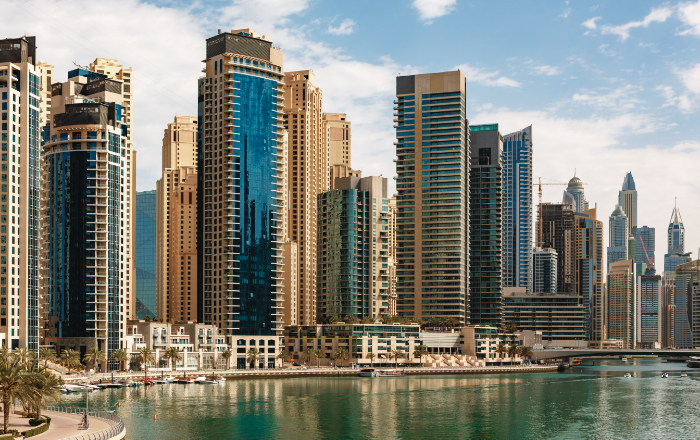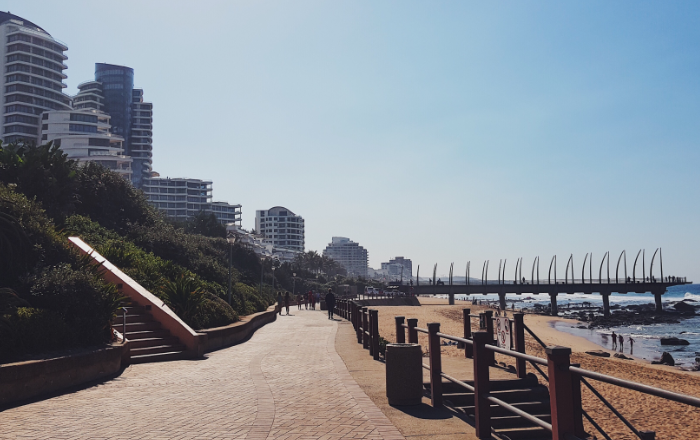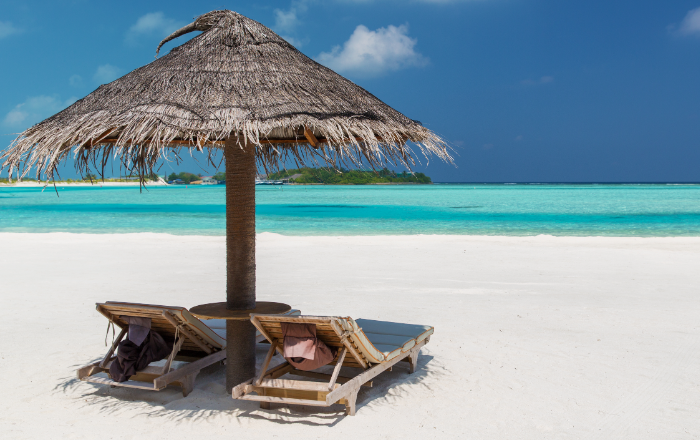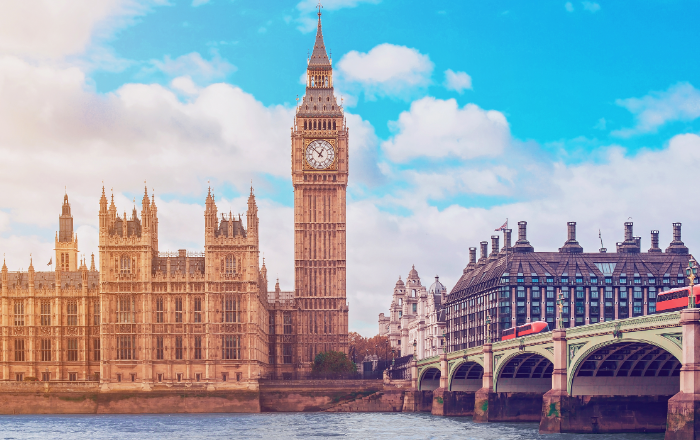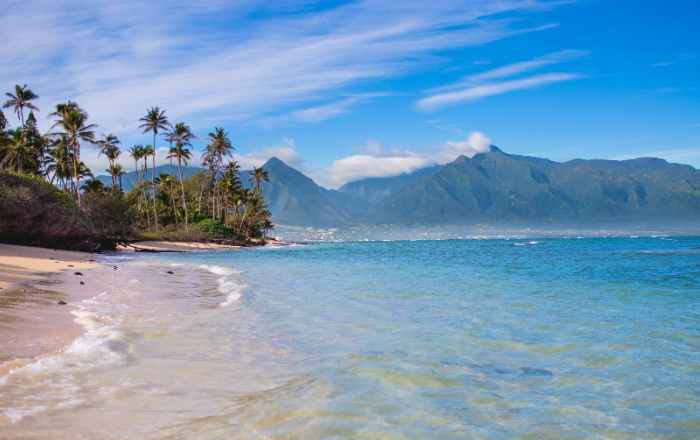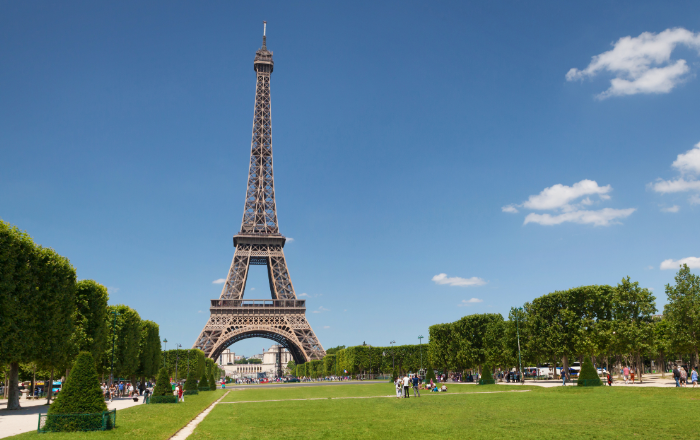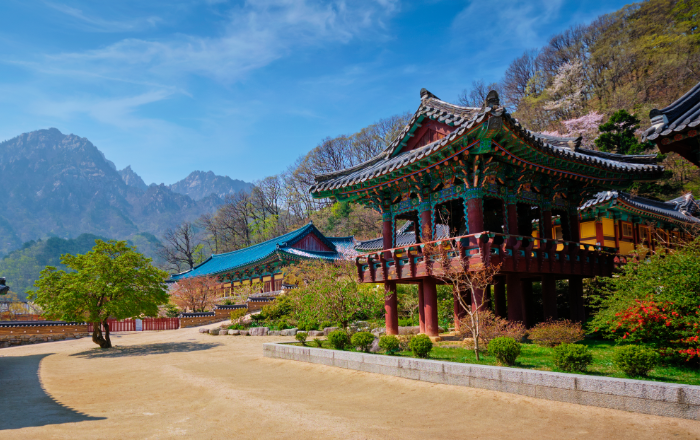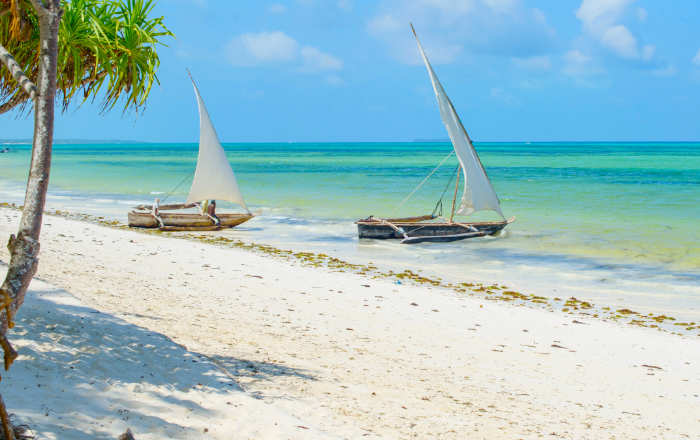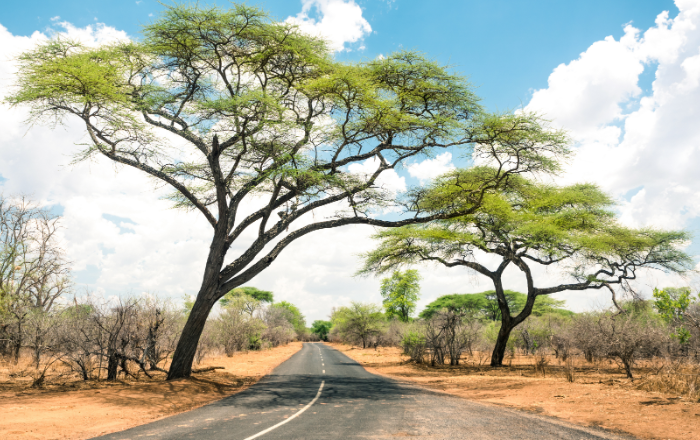Flight tickets from Mpumalanga to Sokch'o
South Korea is a country in East Asia and is known as one of the most dynamic and rapidly changing countries. It has gone through tremendous transformations in its social, cultural, and economic landscape over the past few decades. This text will explore the interesting and diverse aspects of the culture and society of South Korea, from the influences of its traditional past to its embrace of modern technology. It will also delve into the country's fascinating history, political spectrum, and other aspects of life in the Republic of Korea.
Getting to Know South Korea
South Korea is a country in East Asia, with a population of approximately 51.37 million people. The majority, approximately 98.9%, are South Korean citizens. The remaining 1.1% are foreign nationals from other countries. The official language is Korean, with English being the second most commonly used language. South Korea is in the Korea Standard Time Zone, which is nine hours ahead of Greenwich Mean Time (GMT +9). It has a subtropical climate with hot, humid summers and cold winters. South Korea’s currency is the won (KRW). The country has an open economy and is among the world’s 20 largest economies by GDP. The country also has an advanced digital economy and modern financial services sector. The infrastructure for commerce, communications and transportation are well developed, making South Korea one of the most highly advanced countries in the world.
Climate and Weather
The climate of South Korea is generally mild, with four distinct seasons corresponding to the geographical location of the country between the temperate zone and subtropical zones. Winters are generally cold and dry, while summers are hot and humid. The mean temperature in January, the coldest month, ranges from -10° to 1.5°C while the mean temperature in August, the hottest month, is 24–29°C. On average, South Korea receives 1840-2084 mm of precipitation each year and experiences maximum precipitation in July and August. Snowfall occurs between November and April, with the highest amounts occurring in the mountainous regions. The monsoon season usually begins in June and usually lasts until mid July. During this time the humidity level is at its highest and the temperatures tend to be above 30 °C. Despite the wide range of temperatures, the climate is relatively temperate, characterized by warm and wet summers and cold, dry winters.
Touring South Korea: Airport and Transportation
There are five airports in South Korea: Gimpo International Airport (GMP), Incheon International Airport (ICN), Yeosu Airport (RSU), Cheju Airport (CJU), and Yangyang International Airport (YNY). You can get from the main airport, Incheon International Airport (ICN), to downtown in South Korea by train, bus, taxi, or airport limousine. It typically costs around 20,000-50,000 Korean Won (KRW). Yes, you can change money at South Korea airport.
Exploring the Rich History and Culture of South Korea
- South Korea has a vibrant and diverse culture influenced by its long history as a hub for trade and art in Asia as well as its political connections to China and Japan
- Traditional South Korean culture is strongly shaped by Confucianism, Buddhism and other traditional beliefs that date back hundreds of years, including music, art, festivals, architecture and food
- South Korea is home to an abundance of sites related to its impressive and diverse history, including ancient palaces, temples, military fortifications and a variety of museums
Q&As for booking flights from Mpumalanga to South Korea
How long is the flight from Mpumalanga to South Korea?
The average flight time from Mpumalanga to South Korea is 12 hours.
How far is the flight from Mpumalanga to South Korea?
The flight from Mpumalanga to South Korea is 11,662 kilometers.
Which airlines fly direct from Mpumalanga to South Korea?
There are no direct flights from Mpumalanga to South Korea.
How many airports are there in South Korea and what are their official names.
There are four airports in South Korea: Gimhae International Airport (IATA: PUS, ICAO: RKPK), Incheon International Airport (IATA: ICN, ICAO: RKSI), Jeju International Airport (IATA: CJU, ICAO: RKPC), Gimpo International Airport (IATA: GMP, ICAO: RKSS)
How many flights are there a week from Mpumalanga to South Korea?
There are 34 flights a week from Mpumalanga to South Korea.
When is the cheapest time to buy a ticket from Mpumalanga to South Korea?
The cheapest time to buy a ticket from Mpumalanga to South Korea is 10 days in advance.
How can i get from the main airport to downtown in South Korea and how much does it cost?
The main airport in South Korea is called Incheon International Airport and it is located about 40 kilometers (24.5 miles) west of downtown Seoul. There are several ways to get from the airport to downtown, including taxi, bus, and railway. The cost will vary depending on the mode of transportation chosen.
